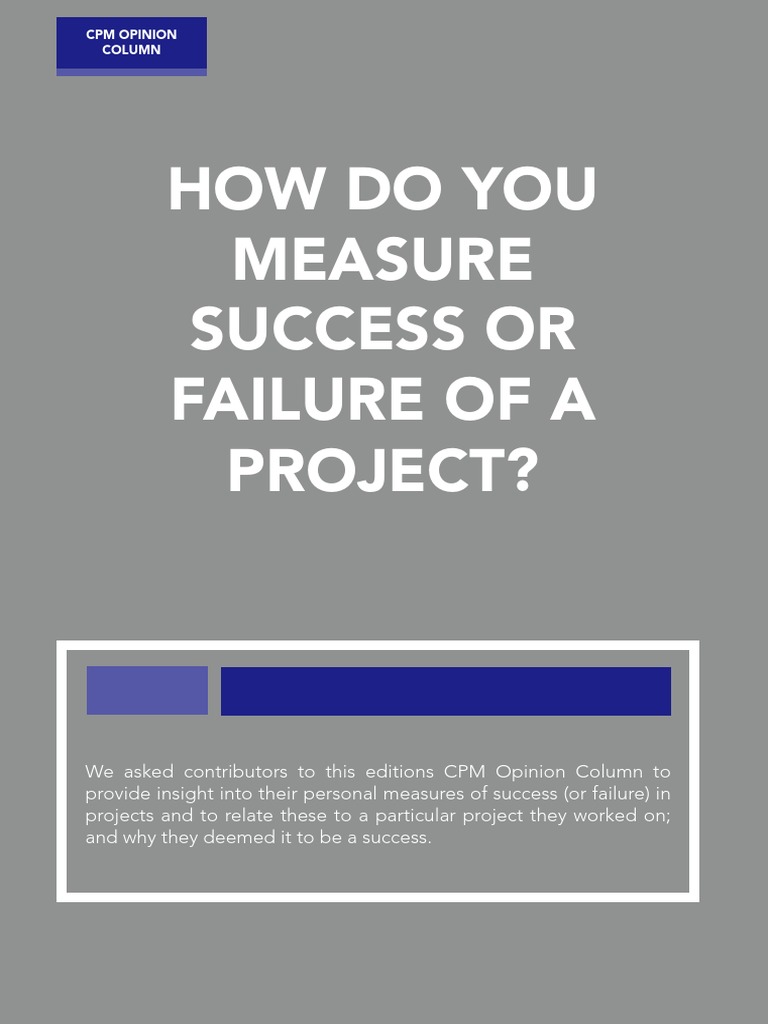Public education is a cornerstone of societal advancement, serving as a conduit for knowledge dissemination and personal development. The Bahá’í teachings provide a distinct lens through which to assess the success and failure of educational initiatives. These teachings emphasize unity, equity, and the holistic development of the individual, offering a comprehensive framework for evaluating educational systems. This article delves into the instrumental factors derived from Bahá’í principles, thereby providing a nuanced perspective on measuring educational efficacy.
To understand how to measure success and failure in public education through a Bahá’í lens, it is imperative first to delineate the fundamental virtues espoused in the teachings. Central tenets such as the oneness of humanity, the importance of moral education, and the necessity of adapting to the evolving needs of society form the bedrock of effective educational practices. Consequently, a multi-dimensional approach is warranted to assess educational institutions against these virtues.
One primary component in this evaluation process is the emphasis on inclusivity. A successful educational system, according to Bahá’í teachings, must foster an environment where all individuals, irrespective of their background, have access to educational opportunities. This inclination towards inclusivity necessitates meticulous considerations of demographic representation and equitable resource allocation. It is essential to assess enrollment statistics alongside retention rates across various socio-economic strata to gauge success in this arena.
Moreover, the Bahá’í approach advocates for the provision of quality education as a fundamental human right. Measurable outcomes such as academic performance, skill acquisition, and overall student well-being can serve as important indices. However, success must transcend mere standardized testing scores; qualitative measures, such as student engagement and emotional intelligence, also warrant attention. Longitudinal studies can substantiate claims of educational success or failure, providing insights into students’ trajectories over time.
Another vital aspect is the cultivation of moral and ethical reasoning. Bahá’í teachings posit that education should not solely focus on the intellectual development of individuals but also address ethical dimensions. Schools should ideally incorporate curricula that promote values such as honesty, service, and collaboration. Evaluations might include student self-assessments, peer reviews, and community feedback, providing a holistic view of a school’s educational impact on moral development.
Furthermore, the role of teachers as facilitators of change is intrinsic to the educational success paradigm. The Bahá’í writings underscore the significant influence educators wield in shaping young minds. Consequently, professional development and continuous training for educators are critical. Metrics relating to teacher satisfaction, professional growth opportunities, and supportive teaching environments can serve as indicators of a healthy educational landscape. Schools that invest in their educators consequently yield fruitful results in student development.
In the realm of community engagement, another Bahá’í principle merits close examination. A thriving educational system actively incorporates the community’s input and participation. Schools that establish robust partnerships with local entities foster environments of mutual support and shared responsibility. Success indicators include the extent and impact of community involvement in educational planning and execution, reflective of the communal approach advocated by Bahá’í teachings.
The assessment of curriculum relevance and adaptability remains central to evaluating educational efficacy. Bahá’í principles advocate for curricula that not only equip students with essential knowledge but also empower them to address the complex challenges facing societal progress. Institutions must remain flexible, adapting their offerings to align with changing societal needs. This adaptability can be quantitatively gauged through curriculum reviews and stakeholder feedback, enabling continuous improvement and relevance in education.
As one examines the effectiveness of public education systems, the significance of spiritual development should not be understated. The Bahá’í view posits that true education encompasses both the material and the spiritual realms. Initiatives aimed at fostering spiritual development—such as community service projects and interfaith dialogue—offer paradigms for success evaluation. Metrics might include participation rates in such programs, alongside qualitative assessments of students’ spiritual growth and understanding.
Moreover, the integration of technology in education is increasingly pertinent. The Bahá’í teachings advocate for the prudent use of modern science and technology. Measuring the effectiveness of technology in education involves assessing accessibility, quality of educational content, and the extent to which technology enhances learning outcomes. Schools that leverage technology to expand learning opportunities can be seen as exemplars of success, having embraced the future while remaining grounded in moral principles.
Lastly, the feedback loops in education are vital for ongoing assessment and improvement. Just as Bahá’í teachings emphasize consultation, educational institutions must engage in continual dialogue among educators, students, parents, and the wider community. Structured feedback mechanisms can facilitate an environment of continuous learning and adaptation, ensuring that educational practices evolve in response to stakeholder needs.
In conclusion, the measurement of success and failure in public education, through the lens of Bahá’í teachings, invites a multifaceted approach. By emphasizing inclusivity, quality, moral development, educator support, community engagement, curriculum relevance, spiritual growth, technology integration, and feedback mechanisms, educational systems can align more closely with the principles of unity and equity essential to the Bahá’í philosophy. This holistic framework offers not just a means of evaluation, but also a roadmap to forge an educational environment that truly cultivates the potential of all individuals, preparing them to contribute meaningfully to society. Through these reflections, public education can evolve towards a more just and enriching endeavor, fulfilling both current and future societal aspirations.
